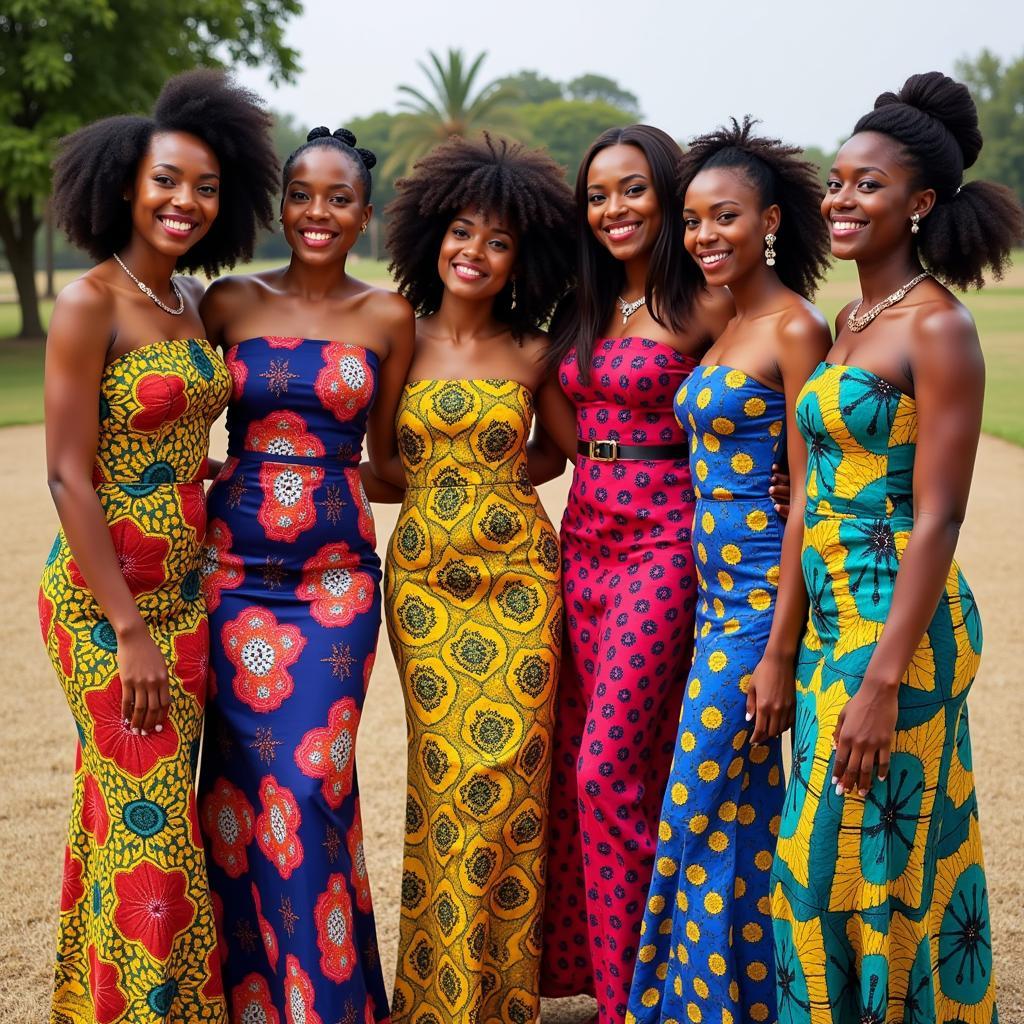The Emerging Landscape of the African Auto Industry
The African Auto Industry is experiencing a period of dynamic transformation, fueled by a confluence of factors such as rapid urbanization, a growing middle class, and increasing foreign investment. While challenges remain, the continent is poised to become a significant player in the global automotive landscape.
A Budding Market with Immense Potential
Africa’s automotive market has long been dominated by used vehicle imports, often from Europe and Japan. However, this trend is gradually shifting as new vehicle sales gain traction. The reasons behind this shift are multifold.
Firstly, the continent boasts a young and burgeoning population, with a rapidly expanding middle class. This demographic shift translates into increased disposable income and a growing demand for personal mobility.
Secondly, African governments are increasingly recognizing the economic potential of a robust automotive sector. Policies aimed at attracting foreign direct investment, promoting local manufacturing, and improving infrastructure are creating a more favorable environment for automotive businesses to thrive.
Key Players Shaping the African Auto Landscape
Several international automakers have established or expanded their presence in Africa, recognizing the continent’s untapped potential. Companies like Toyota, Volkswagen, and Nissan are setting up assembly plants, forming partnerships with local companies, and investing in skills development programs. This influx of investment and expertise is bolstering local manufacturing capabilities and contributing to the growth of the African auto industry.
In addition to established players, a new wave of homegrown African car manufacturers is emerging. Companies like Innoson Vehicle Manufacturing in Nigeria and Mobius Motors in Kenya are designing and producing vehicles tailored to the specific needs and preferences of the African market. These companies are challenging the dominance of foreign brands and fostering a sense of local pride and innovation.
Challenges and Opportunities in the African Automotive Sector
Despite its potential, the African auto industry still faces significant challenges. Limited access to financing, inadequate infrastructure, and a lack of skilled labor are some of the key hurdles that need to be addressed.
However, these challenges also present unique opportunities for innovation and growth. For instance, the lack of reliable public transportation systems in many parts of Africa creates a demand for affordable and durable vehicles. This demand is driving innovation in the development of small cars, motorcycles, and commercial vehicles specifically designed for the African market.
The Rise of Sustainable Mobility Solutions
As concerns about climate change and environmental sustainability grow, the African auto industry is witnessing a surge in interest in electric vehicles (EVs) and other sustainable mobility solutions.
Several countries, including South Africa, Morocco, and Kenya, are implementing policies to encourage the adoption of EVs. These policies include tax incentives for EV buyers, investments in charging infrastructure, and the promotion of local EV manufacturing.
[african importers from india] are also playing a significant role in this transition by facilitating the import of affordable electric vehicles and components.
Looking Ahead: A Promising Future for the African Auto Industry
The African auto industry is at a pivotal juncture, with immense potential for growth and innovation. While challenges remain, the combination of a growing market, supportive government policies, and a focus on sustainability is creating a fertile ground for the industry to flourish.
The coming years will likely witness increased investment in local manufacturing, the emergence of new players, and a wider adoption of sustainable mobility solutions. The African auto industry is on a trajectory to become a significant contributor to the continent’s economic development and a key player in the global automotive landscape.
FAQs about the African Auto Industry
1. What is the current size of the African auto market?
The African auto market is relatively small compared to other regions, but it is rapidly expanding. In 2022, new vehicle sales in Africa were estimated to be around X million units.
2. Which are the leading car manufacturers in Africa?
Several international and local car manufacturers operate in Africa. Some of the leading players include Toyota, Volkswagen, Nissan, Innoson Vehicle Manufacturing, and Mobius Motors.
3. What are the key challenges facing the African auto industry?
The African auto industry faces challenges such as limited access to financing, inadequate infrastructure, and a shortage of skilled labor.
4. What is being done to promote sustainable mobility in Africa?
Several African countries are implementing policies to encourage the adoption of electric vehicles (EVs) and other sustainable mobility solutions.
5. What is the future outlook for the African auto industry?
The future of the African auto industry appears promising, with significant growth potential driven by a young population, increasing urbanization, and rising disposable incomes.
Need assistance with the African auto market?
For expert guidance on navigating the African auto industry, contact us:
Phone: +255768904061
Email: kaka.mag@gmail.com
Address: Mbarali DC Mawindi, Kangaga, Tanzania
Our dedicated team is available 24/7 to provide comprehensive support.


